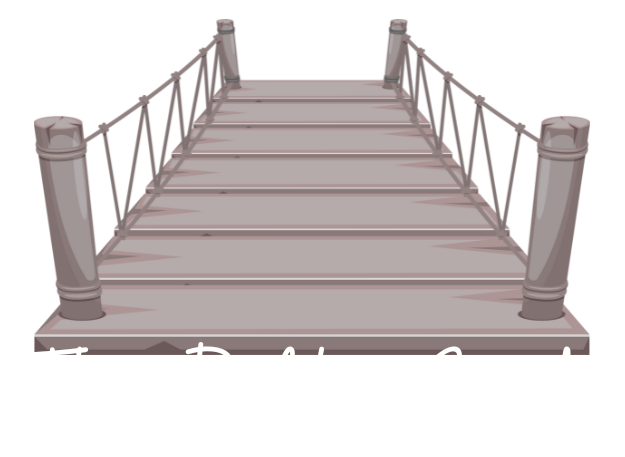I remember during my training there was a discussion about whether a “manager” could manage clinicians. I heard the debate and we never seemed to land. My gut was that an MBA didn’t help you understand the complex human landscape involving existential crises, fear, skill, relationship and courage - among other human experiences - the business-as-usual environment for highly skilled health professionals - doctors, nurses, counsellors, social workers and a long list).

When you look at the literature about managerialism the common message is that it is a system where all decisions are made not by those with the expertise (nurses, doctors and other health professionals), but by those who have management training (see for example Klikauer, Thomas. Managerialism a Critique of an Ideology. Basingstoke: Palgrave Macmillan, 2013) It is pervasive. It is common throughout education, health and other public services. Its throughout politics.
I don't think we, the people, really even know this is happening. I think it is behind so many of the stories I have heard for decades from patients who talk about an immutable decision that affected their family member. Some involve losing their loved one. I think managerialism is behind all of it.
I know it’s hard, but I believe we need to hold hands and reclaim our power to make collective decisions that work towards a better system. My subjective sense is that more and more of us are starting to grow our awareness of how this ideological outcome is reducing our sense of our decision makers working towards "the public good."
The citizen juries hosted by Wentwest that we ran in Western Sydney in 2023 aimed to bring well-informed citizens into a new awareness of how our systems spend our money and what the alternatives were. Yes we can! The image is a summary of what the people recommended at the end of the first of two citizen juries in Western Sydney when asked the question "should we, the people of Western Sydney, continue to invest in health in the same way as we have in the past?"
